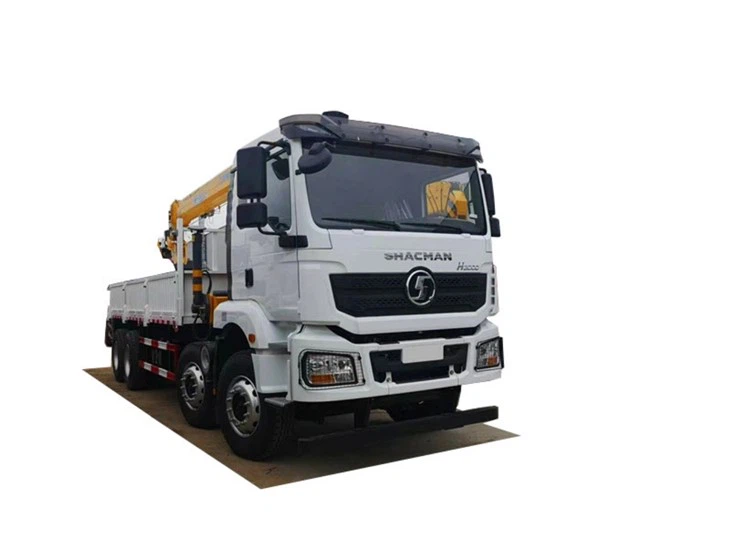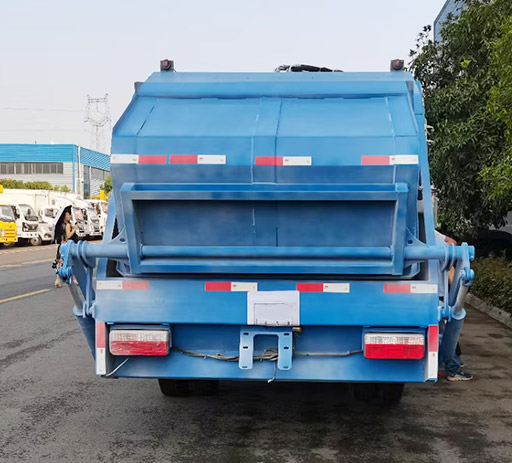Understanding the Day Cab Tractor: Features, Benefits, and Practical Insights

Day cab tractors are a crucial component in the trucking industry, designed specifically for short-haul tasks and regional delivery services. This comprehensive guide delves into the various aspects of day cab tractors, including their features, benefits, comparisons with sleeper cabs, maintenance tips, and more.
What is a Day Cab Tractor?
A day cab tractor is a type of semi-truck designed for operations where drivers do not need to spend the night in the vehicle. These tractors feature a shorter wheelbase and lack a sleeping compartment, making them more maneuverable for urban and regional deliveries.
Key Features of Day Cab Tractors
1. Compact Design
The compact design of day cab tractors allows for easier navigation through tight spaces, making them ideal for city driving and short-distance hauling.
2. Lightweight Construction
Many day cab tractors utilize lightweight materials to maximize payload capacity and fuel efficiency. This is critical for businesses looking to optimize their operational costs.
3. Enhanced Visibility
Day cab tractors typically have larger windows and a lower profile, providing drivers with better visibility on the road. This feature is vital for safety in urban environments.
4. Fuel Efficiency
Designed for short hauls, day cabs often come equipped with engines optimized for fuel efficiency, allowing companies to save money over time.
5. Versatility
Day cab tractors can accommodate various cargo types, making them suitable for a range of industries such as construction, warehousing, and freight transportation.
Benefits of Using Day Cab Tractors
1. Cost-Effective Operations

Day cab tractors are generally less expensive than sleeper cabs. Their lower purchase price, maintenance costs, and fuel consumption add to their appeal for companies targeting short-distance routes.
2. Increased Maneuverability
With a shorter wheelbase and overall compact size, day cabs can easily navigate urban environments and parking lots, reducing the time spent maneuvering into tight spaces.
3. Reduced Weight and Higher Payload Capacity
Because they lack a sleeping compartment, day cabs are lighter than their sleeper counterparts. This allows for a higher payload capacity, which is advantageous for businesses looking to maximize loads.
Example Table: Weight Comparison
| Type | Average Weight (tons) |
|---|---|
| Day Cab Tractor | 15-20 |
| Sleeper Cab Tractor | 20-25 |
Day Cab vs. Sleeper Cab Tractors
1. Purpose of Use
Day cab tractors are designed primarily for local or regional deliveries, whereas sleeper cabs are built for long-haul journeys, allowing drivers to rest during extended trips.
2. Comfort and Amenities
Sleeper cabs provide sleeping accommodations and amenities such as a refrigerator and a microwave. Day cabs lack these features, emphasizing their short-term usage.
3. Cost Differences
Day cab tractors typically have a lower initial cost and maintenance expenses compared to sleeper cabs, which can be expensive due to their additional features and components.
4. Resale Value
While sleeper cabs may retain their value better in the long run because of their versatility, day cabs are still highly sought after for urban logistics and regional hauls.
Practical Examples of Day Cab Usage
1. Local Delivery Services
Many local delivery companies utilize day cab tractors to transport goods, including groceries and supplies, to businesses or customers within a specific region.
2. Construction Industry
Construction companies often deploy day cab tractors to deliver materials and equipment to job sites. Their maneuverability supports access on busy streets and cramped sites.
3. Moving Companies
Moving companies frequently choose day cabs for short-distance relocations. Day cabs can accommodate moving trailers without the added bulk of a sleeper compartment.
Day Cab Tractor Maintenance Tips
1. Regular Inspections
Consistent inspections help identify potential issues early. Drivers should check fluid levels, brakes, belts, and other essential components regularly.
2. Scheduled Oil Changes
Keep up with oil changes according to the manufacturer’s recommendations to maintain engine performance and longevity.
3. Tire Maintenance
Regularly check tire pressure and tread depth. Proper tire maintenance enhances fuel efficiency and ensures safe operation.
4. Brake System Checks
Since braking systems are critical for safety, inspection and maintenance should be a priority. Brake pads and fluid should be assessed regularly.
Choosing the Right Day Cab Tractor
1. Assess Your Needs
Identify your operational needs, including load capacity, distance, and specific cargo types. This will help narrow down your options.
2. Consider Engine Power
Evaluate engine options based on performance requirements and fuel efficiency. A balance between sufficient power and economy is crucial.
3. Research Various Brands
Investigate different manufacturers and models. Reading customer reviews and expert opinions can assist in making an informed decision.
4. Evaluate Financing Options
If purchasing a new or used day cab tractor, consider various financing options available, such as loans or leasing, to find the best fit for your budget.
FAQs About Day Cab Tractors
1. What is the average lifespan of a day cab tractor?
The average lifespan of a day cab tractor can vary greatly but generally ranges from 10 to 15 years with proper maintenance.
2. Can day cab tractors be used for long-haul journeys?

While day cab tractors can technically be used for longer trips, they lack sleeping accommodations, making them less comfortable for long-distance travel.

3. How much can a day cab tractor typically haul?
Day cab tractors can generally haul between 20,000 and 40,000 pounds, depending on the truck’s specifications and state regulations.
4. Are day cab tractors more fuel-efficient than sleeper cabs?
Yes, day cab tractors are generally more fuel-efficient due to their lightweight design and optimized engines for short haul trips.
5. What types of trailers can be used with day cab tractors?
Day cab tractors can be paired with various types of trailers, including flatbeds, box trailers, and refrigerated units, depending on the cargo requirements.
6. Are there any tax benefits for businesses using day cab tractors?
Many businesses can benefit from tax deductions related to vehicle expenses, including depreciation, maintenance, and fuel costs associated with day cab tractors.
